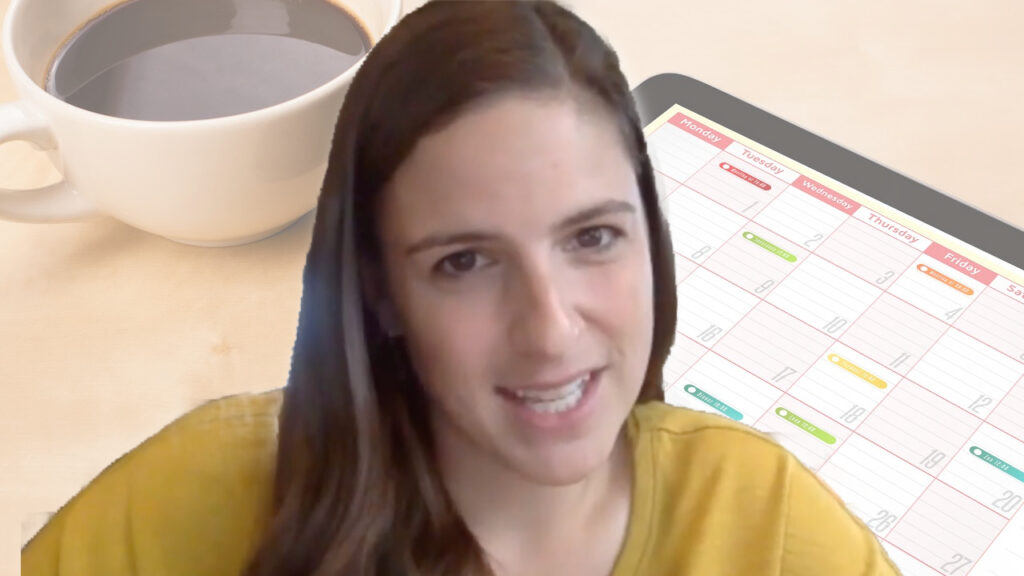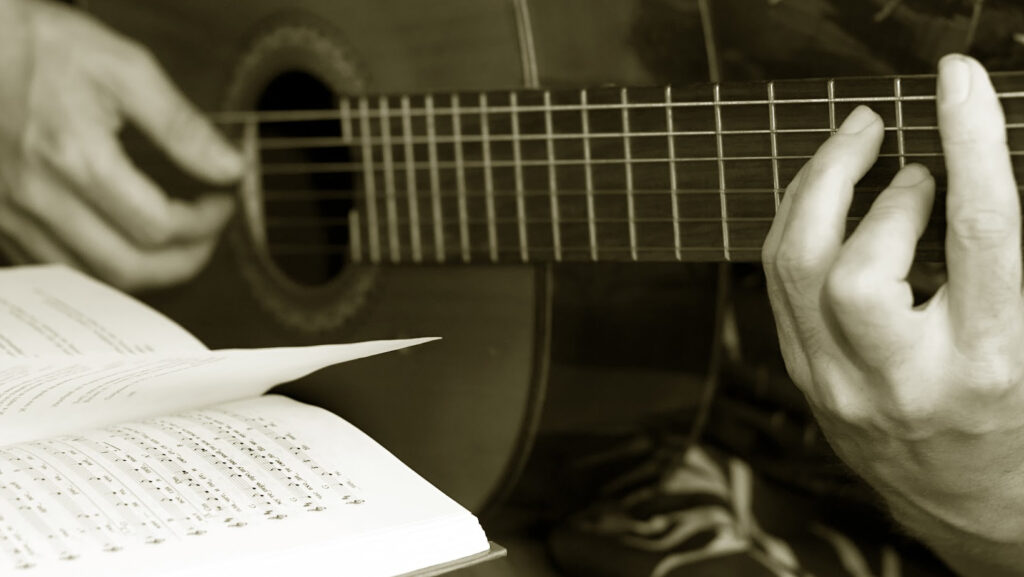I just began my 15th year of homeschooling. I only have a 15-year-old, a 13-year-old, and a 10-year-old left at home, and every one of them is digging into good books I want to read with them.
Sure, almost all those books are repeats for me, but as C.S. Lewis points out in Experiment in Criticism, a reader is someone who rereads good books and a good book is one a reader wants to reread. By that criterion, assuming I truly am a reader, my kids are all assigned only good books.
One book I am rereading with them is Calvin’s Institutes of the Christian Religion. My friend Kristi and I read it with our oldest kids four years ago, are in our second reading with our third-borns, and now beginning it a third time with our fourth borns and some friends.
After the fourth-born-group finishes the two-year reading plan, we’ll start again with the youngest and, Lord willing, we’ll have spent 8 consecutive years reading Institutes 4 times. Time will tell if we’ll move on after that or if we’ll compulsively start mom book clubs to keep our streak going.
As I started Institutes yet again this week, it struck me how applicable theology is to our real, everyday lives. Our modern assumptions downplay theology and philosophy, relegating them to the “upper story” of spirituality that doesn’t really touch the “lower story” of facts and the physical world. Yet reality remains both together despite modernist slander.
Lifelong Learning for Mom
When we first started reading Calvin, I enjoyed having meaty concepts to keep my intellect awake and active. That’s certainly a benefit of reading theological classics. However, as we made our way through Institutes the second time, I I started to simply enjoy the beauty of truth upheld.
So now I am not at all displeased to have two separate Calvin readings each week, and I don’t even want to rest upon the laurels of previous readings with the new crop of Calvin Club participants. I read in book 1, “No religion is genuine unless it be joined to truth.” Then, the next day, in book 3, I encounter this gem, “We must walk, we must advance, we must grow, that our hearts may be capable of those things which we cannot yet grasp.”
In fact, in this reading assigned with my 15yo daughter, who is in the third year of a three-year Institutes plan, I read a section that I marked with a colored post-it flag last time: “For Scripture is the school of the Holy Spirit, in which, as nothing is omitted that is both necessary and useful to know, so nothing is taught but what is expedient to know.”
The Joy of Finding Connections
Tuesday we held the first Humanities class with Ilse and three friends where we are studying Modernity with Dave Raymond and Early Moderns with Wes Callihan in Old Western Culture (both through Roman Roads Media) and reading History of the American People by Paul Johnson.
In one of the Modernity lectures we watched this morning, Dave Raymond spoke of how Christendom was shaped by people holding the Bible to be the rule of faith and life – even though every individual was not regenerate, still the society was held together with the assumption that the Bible was relevant and authoritative. He quoted Calvin, saying that Calvin called the Bible the “School of the Holy Spirit.”
Speaking of the Holy Spirit, later that day, out of the over 1000 pages we’re reading across three years, we “happen” to find that exact quote in our reading. God is personally having a good time with us, and we can enjoy His involvement in our lives when our eyes and hearts are open. Encountering the original in one assignment after hearing it quoted in an earlier lesson is like receiving a personal benediction on our studies and intentions.
I believe such benedictions are everywhere around us and most of the time we’re not paying enough attention to notice them. When we do, however, our hearts well with gratitude and joy. Living in a society that thinks everything is random chance and meaningless, we can, by the Holy Spirit, experience true Truth, real Reality – that God is personally at work in us, around us, through us, all the time. We ought not live like deists, but like Christians walking in the Spirit.
Lifelong Learning Isn’t Passive
In History of the American People, Johnson is just beginning to scratch the surface of the Puritan mindset that traversed the sea to plant a new Christian society. For one of my local book clubs, I’m beginning Albion’s Seed, the first section of which digs deep into what made the Puritan worldview so potent and literally world-changing.
Johnson notes that what made the English colonies more durable and influential than the earlier Portuguese and Spanish settlements was the intentionally religious, familial, and covenantal nature of the English migrants.
Dave Raymond in the introductory lecture to Modernity set the opening scene by describing how the Reformation era believers held fast to the biblical truth that God does all the work in salvation, and because of that belief with a deep love and familiarity with Scripture, they were men and women of action: visionary, ambitious, go-getters who worked hard because God was the One seeing the work through, not themselves.
The Puritan colonists were free to work hard with joy because they knew themselves to be the recipients of free grace and free faith. Is that the kind of informed, active faith we possess today?
Theology is not esoteric or abstract, as the lives of Christians do – and ought to – testify. History is not just knowing what happened in the past. It is inheriting the heritage that allows us to stand on giants’ shoulders, as Wes Callihan said as he contrasted the Christian vs the progressive mindset.
Both theology and history – as well as science, economics, mathematics – are productive and fruitful in our lives. At least, it ought to be. If our studies, it is our own fault, and we’re just wasting our time.
Be a Thinking Woman
One unsung glory of homeschooling is the development of thinking women. Given the time and opportunity, we reclaim and deepen our own education. It won’t happen automatically. We must embrace the process for ourselves, of course.
Even though most of us received a less than stellar – perhaps even less than adequate – education, by homeschooling we not only start with kindergarten and first grade, but we also repeat every grade multiple times. By the time we have graduated our students, we should be wise women who have invested not only in our own children, but in ourselves through the same process.
Yes, our days are full and there are still hundreds – thousands – more books we want to have read. Still, perhaps the most important books we will have read are those we will repeat 3, 4, 5 times or more.
Starting of course with Scripture, which with multiple students and our own reading, we should be opening throughout every day and not just half an hour in the morning. Alongside our kids we’re memorizing Scripture, referring to it, studying it, and reading and rereading the whole thing.
MOM’S learning is lifelong
By the time we begin graduating students out of our homeschool, we realize we’re only just beginning to rekindle or even awaken for the first time our own desire to know, to learn, to grow. And that’s ok, because we still have several kids left to shepherd through the process. It’s not tedious. It’s a relief to get another chance at that education ourselves.
When our youngest graduates, then we will be ready to pursue the serious reading we never have time for now. However, I think we’ll find that at that point in our lives we will be ready – not because there are no longer children in the house to distract us, but because our own soil is finally plowed soft and deep enough to receive the seeds and make something of them.
This school year, embrace your children’s book stack as an integral piece in your own education – no matter the level.
If you need the company of other learning-at-home moms, join the free Sistership community created by my friends and I at Scholé Sisters.

HOMESCHOOL AUDIT
Make next year better based on how this year went.
Download the free homeschool audit and use this year’s experience to make next year better.









I’d love to ask you questions about how you order your history and how you do that with your children. I have nine children and it’s been hard for me to navigate without just following someone else’s plans completely.